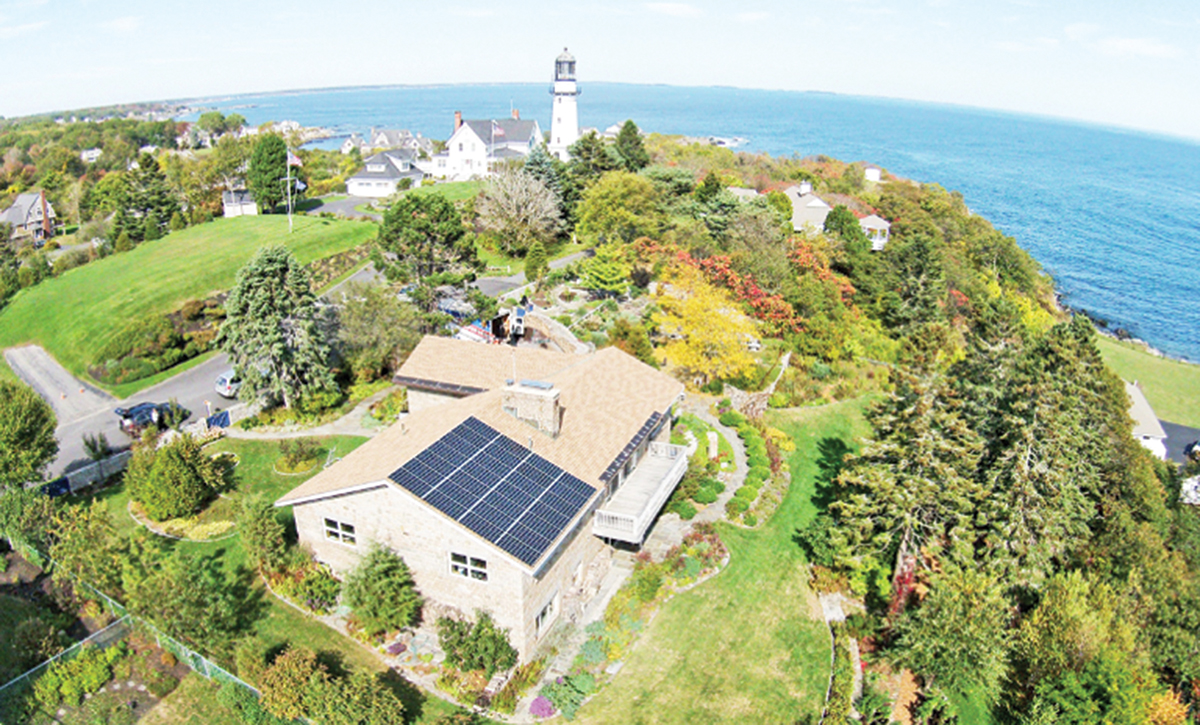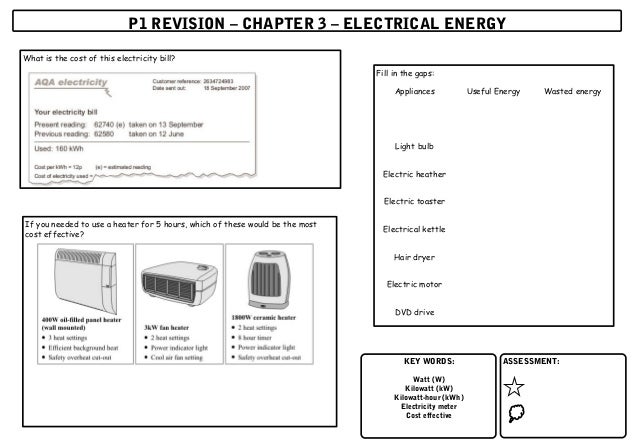

Member States should ensure that the use of fossil fuels in heating systems for new buildings or those undergoing major renovations to the building or the heating system, are not authorised from the date of transposition of this Directive. Financial measures should prioritise deep renovations, especially of the worst-performing buildings, and targeted grants and subsidies made available to vulnerable households. Member states would need to put in place free-of-charge information points and cost-neutral renovation schemes. A limited set of exemptions would apply for monuments or buildings of special architectural or historical merit, technical buildings, temporary use of buildings or churches and places of worship, and public social housing where renovations would lead to rent increases that cannot be compensated by saving on energy bills. Non-residential and public buildings would have to achieve the same classes by 20 respectively. Residential buildings would need to achieve at least energy performance class E by 2030, and D by 2033 (as opposed to F and E under the Commission's proposal). In line with the RepowerEU plan, all new buildings should be equipped with solar technologies by 2028 where feasible, while residential buildings undergoing major renovation would have until 2032 to comply with this requirement. The ITRE report would set an earlier deadline for all new buildings to be zero-emission (2028), and apply this obligation from 2026 to all new buildings occupied, operated or owned by public authorities. The Committee for Transport and Tourism (TRAN) is associated to this report under Rule 57 (European Parliament Rules of Procedure). The final report was adopted by the ITRE committee on 9 February 2023 and voted in the plenary session on 14 March 2023. In the European Parliament, the file was allocated to the ITRE committee, which appointed Ciarán Cuffe (Greens/EFA, Ireland) as rapporteur. In September 2020, the European Parliament had already adopted an own-initiative resolution on maximising the energy efficiency potential of the EU building stock. On 15 December 2021, the European Parliament adopted an own-initiative resolution on implementation of the energy performance of Buildings Directive, coinciding in time with the publication of the Commission's legislative proposal. To help building owners plan renovations, voluntary renovation passports will be introduced by 2024 and a Smart Readiness Indicator introduced by 2026. EPC Class G will cover at least 15 % of buildings in each Member State, while the validity of EPCs in the lower classes (D-G) will be reduced from 10 to 5 years. To ensure comparable national standards, all EPCs must be based on a harmonised scale of energy performance by 2025 and subject to future rescaling with view to reaching a zero-emission building stock by 2050. The worst-performing residential buildings will need to reach at least class F by 2030 and class E by 2033. Non-residential buildings with a class G (lowest) energy performance certificate (EPC) will need to be renovated and improved to at least EPC class F by 2027 and class E by 2030. Existing provisions on renovation will be complemented by the introduction of minimum EU-level efficiency standards, triggering an increase in the renovation rate of the worst-performing buildings.


Long term renovation strategies in the EPBD would be replaced by national building renovation plans that are more operational with a stronger monitoring framework, with the first draft plans submitted by 30 June 2024.Īccording to the Commission's proposal, all new buildings in the EU must be zero-emission buildings as of 2030, while all new public buildings must be zero-emission as of 2027. This sets the vision and outlines the tools for achieving a zero-emission building stock by 2050, introducing a new definition of zero-emission building and refining existing definitions such as 'nearly-zero energy building' (nZEB) and 'deep renovation'. As part of the Fit for 55 package, the Commission adopted a legislative proposal to revise the EPBD on 15 December 2021.


 0 kommentar(er)
0 kommentar(er)
